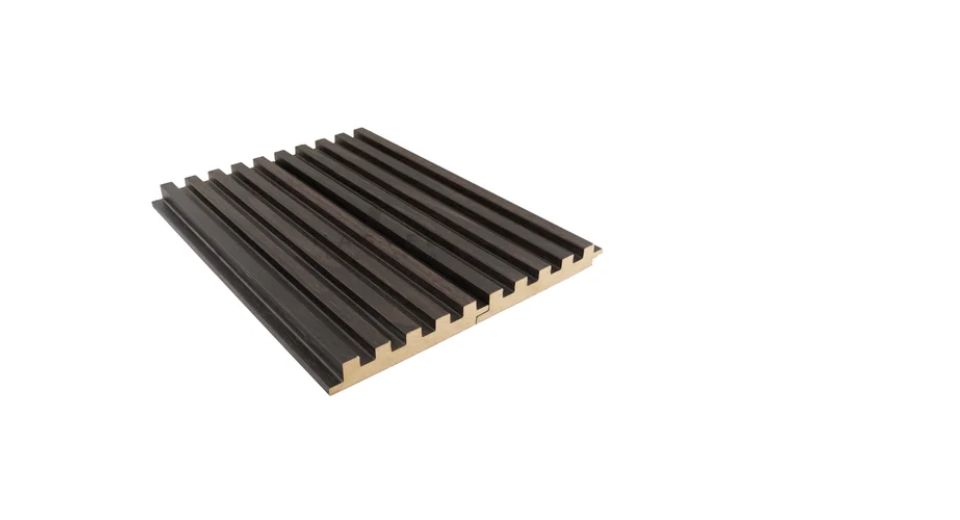
Feb 03, 2025

The Metastat Insight sheds light on a research on the Global Wood Based Panel Market. The industry, which has evolved significantly in response to changing economic conditions, technology, and considerations of sustainability, has been part of various industries, including construction, furniture manufacturing, and packaging. It remains an industry subject to shifts by changing consumer preferences and regulatory frameworks. This is shaped by the delicate interplay between supply chain dynamics, innovation in engineered wood products, and environmental policies well attuned to balancing economic growth with ecological responsibility.
In the manufacturing sphere, companies operating in this space are continually streamlining their methods of production toward greater efficiency and compliance with increasingly strict regulatory standards. The development of composite materials with improved durability and performance characteristics has emerged as a defining feature, contributing to the increasing adoption of engineered panels over traditional solid wood options. This shift has been largely influenced by the need for cost-effective solutions that do not compromise on quality, reinforcing the competitive landscape where manufacturers seek differentiation through proprietary technologies and design innovations.
Raw material procurement remains a defining factor in shaping production capabilities. The fluctuations in timber availability, which are influenced by deforestation concerns, forestry regulations, and international trade policies, contribute to an environment where businesses must remain agile. The diversification of sourcing strategies, including sustainable forestry practices and the utilization of recycled wood fibers, has gained prominence as companies navigate environmental constraints while maintaining profitability. Responsible sourcing is no longer just a regulatory requirement but has become an integral part of brand positioning, appealing to an increasingly conscientious consumer base.
Manufacturing technology has reached a level of precision and efficiency that was not possible before. Automated machinery, AI-driven quality control systems, and optimized adhesive formulations have increased production output while minimizing waste. These technological integrations help to smooth operations but also add to better consistency in products, which is important in applications where structural integrity is paramount. Meanwhile, the design-to-order functionality provided by digital design tools allows manufacturers to tap into niche markets with tailored solutions that match particular aesthetic and functional requirements.
Market expansion is always tied to shifts in consumer behavior and architectural trends. The preference for sustainable, yet versatile building materials, has positioned engineered wood panels as one of the most preferred choices in both residential and commercial construction projects. The need for lightweight, high-strength material also further intensified the use of these panels in modular construction, interior design, and prefabrication solutions. The adaptability of wood-based panels to accommodate various surface treatments and finishes has further opened their use to different design themes, affirming their validity in the context of contemporary architectural practices.
Beyond construction, the furniture industry has continued to be an integral component of market demand. Urbanization and shrinking living spaces have driven the creation of space-efficient furniture designs, where engineers seek to produce products that have high durability without excess weight. This has led to the development of innovative compositions incorporating wood fibers blended with alternative materials to achieve increased moisture resistance, fire retardance, and prolonged lifespan. Continuing refinement of laminates and veneers has even further expanded the possibilities for designs, enabling the manufacturers to provide a look very similar to expensive hardwoods with minimal environmental consequences or cost.
Regional imbalances in terms of production capacity and regulatory framework are thus reflected in a highly competitive but still fragmented structure for global trade. While some regions have plenty of raw materials readily available and a well-developed manufacturing infrastructure, others must rely on imports or joint ventures to fill gaps in supply. The interaction between tariffs, trade agreements, and geopolitical considerations frequently determines the play of pricing dynamics, leading businesses to opt for flexible approaches in order to manage risks associated with market volatility. Localized production hubs that have emerged due to logistical challenges also gained prominence as a defining trend, arguing for the appropriateness of regional adjustment in terms of long-term growth.
The environmental discourse surrounding the industry has led to a heightened focus on lifecycle assessments and end-of-life disposal strategies. Circular economy principles are increasingly influencing business models, with manufacturers exploring avenues for repurposing waste materials and promoting recyclability. The shift toward bio-based adhesives and low-emission resins further exemplifies the industry's commitment to minimizing ecological footprints while maintaining stringent quality standards. Sustainability will therefore continue to become a core of regulatory frameworks requiring proactive compliance. It must measure up to and align with environmental benchmarks at international levels.
Global Wood Based Panel Market by Metastat Insight brings out the many complex interactions in the technology, economics, and environment in molding the path to the market. It shows that the industry has been very adaptable and continually adjusts its boundaries in response to new demands and emerging challenges. When consumer expectations shift and the regulatory environment is getting tighter, those businesses embracing innovation and sustainability will be on top, and that will propel the industry into the future that combines functionality with ecological responsibility.
Drop us an email at:
Call us on:
+1 214 613 5758
+91 73850 57479